Edward W. Said Livres
Edward Said était professeur de littérature, intellectuel public et fondateur des études postcoloniales. Par son œuvre, il a fait le pont entre les perspectives occidentale et orientale, analysant de manière critique les représentations culturelles et les relations politiques entre l'Est et l'Ouest. Sa méthode d'analyse textuelle a profondément influencé la théorie littéraire et les études du Moyen-Orient. Said a plaidé pour l'égalité des droits et le retour des Palestiniens dans leur patrie, soulignant le rôle de l'intellectuel comme voix critique dans la société.

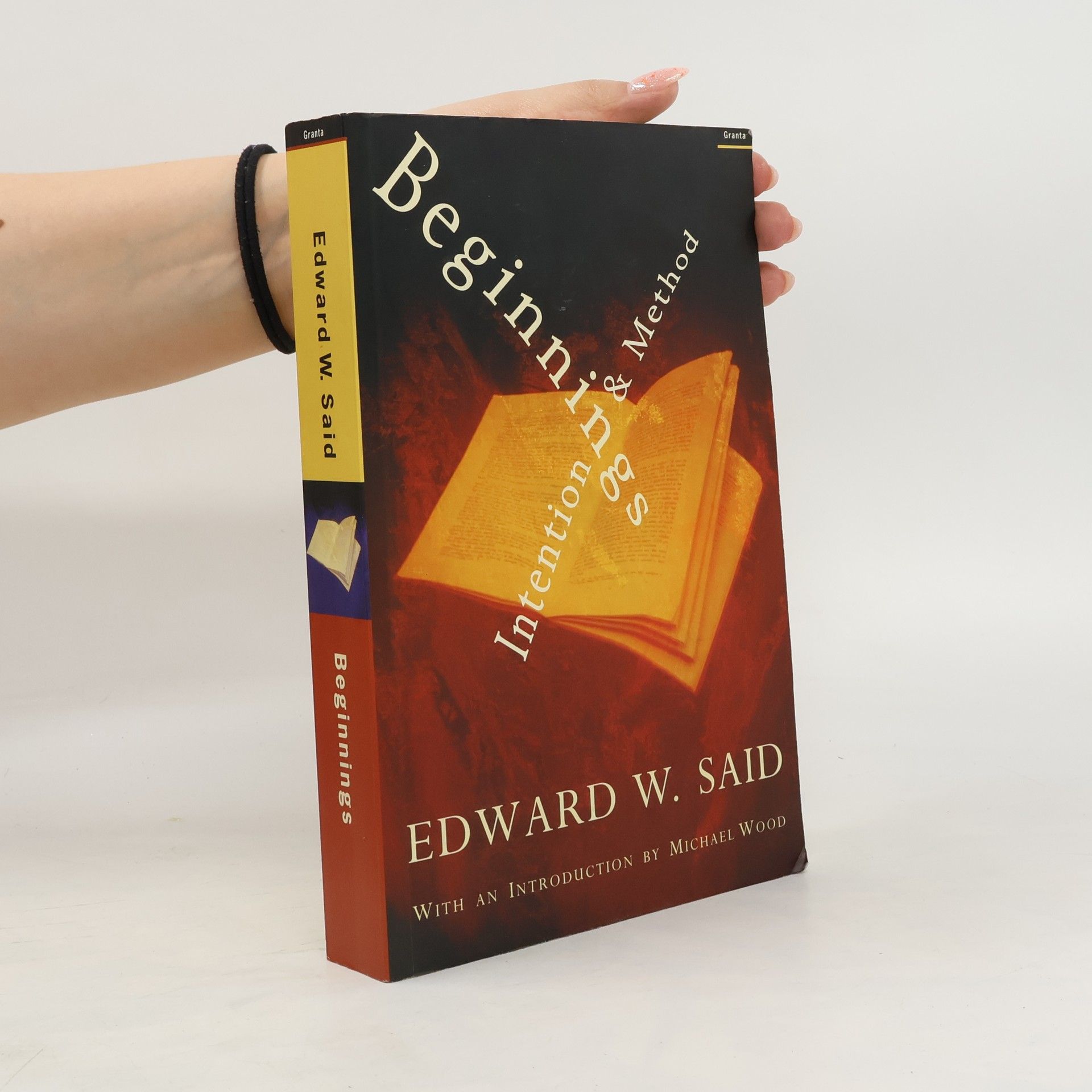
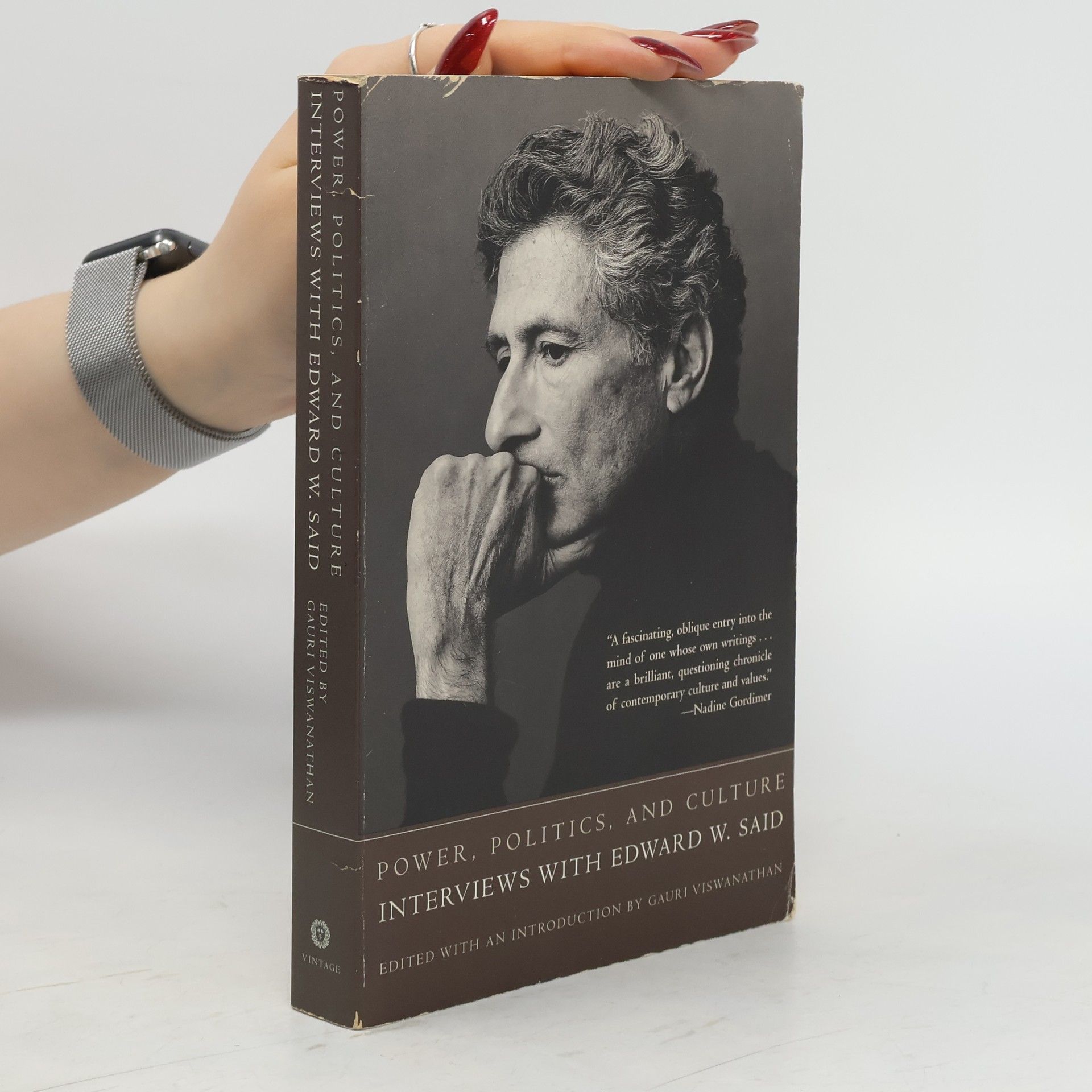
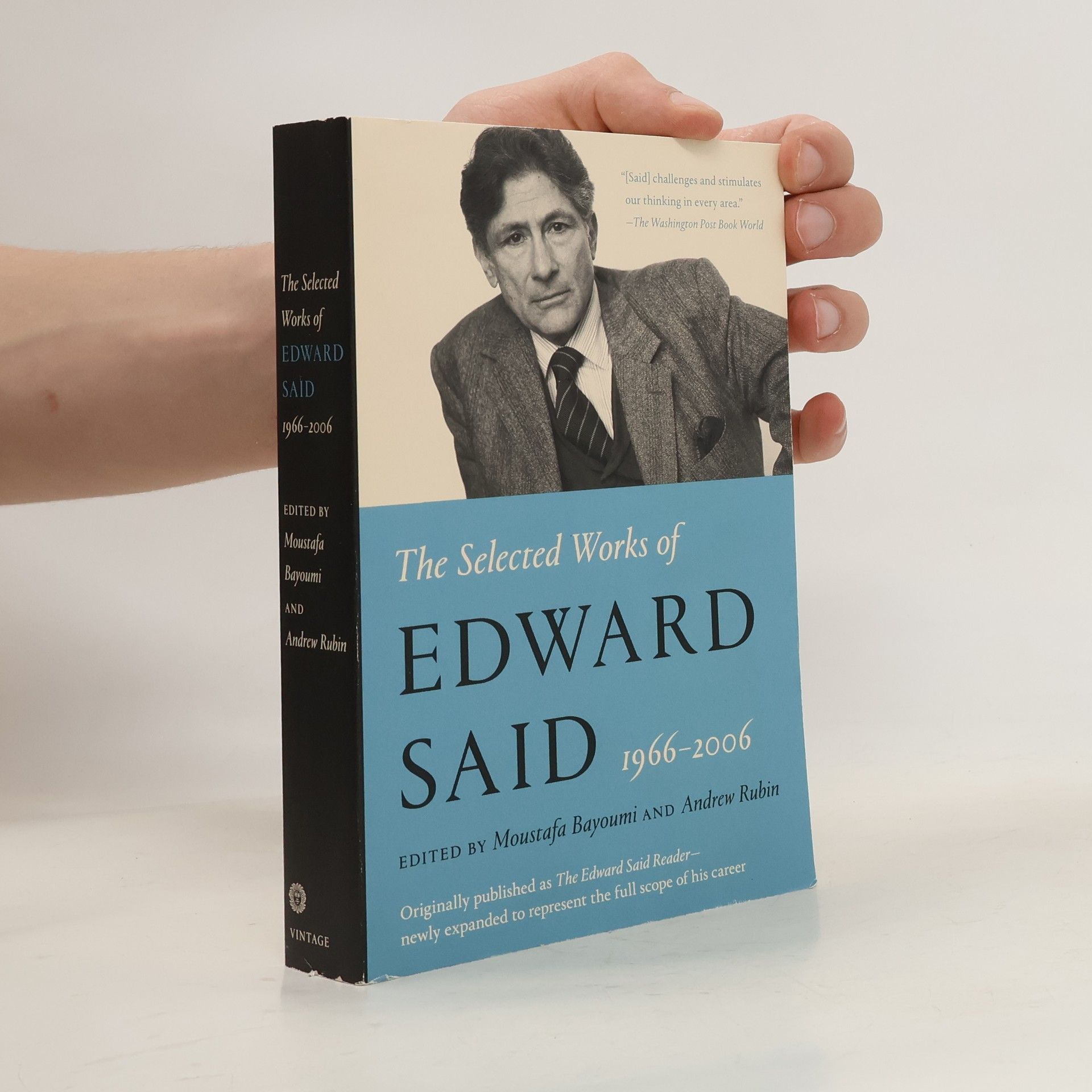

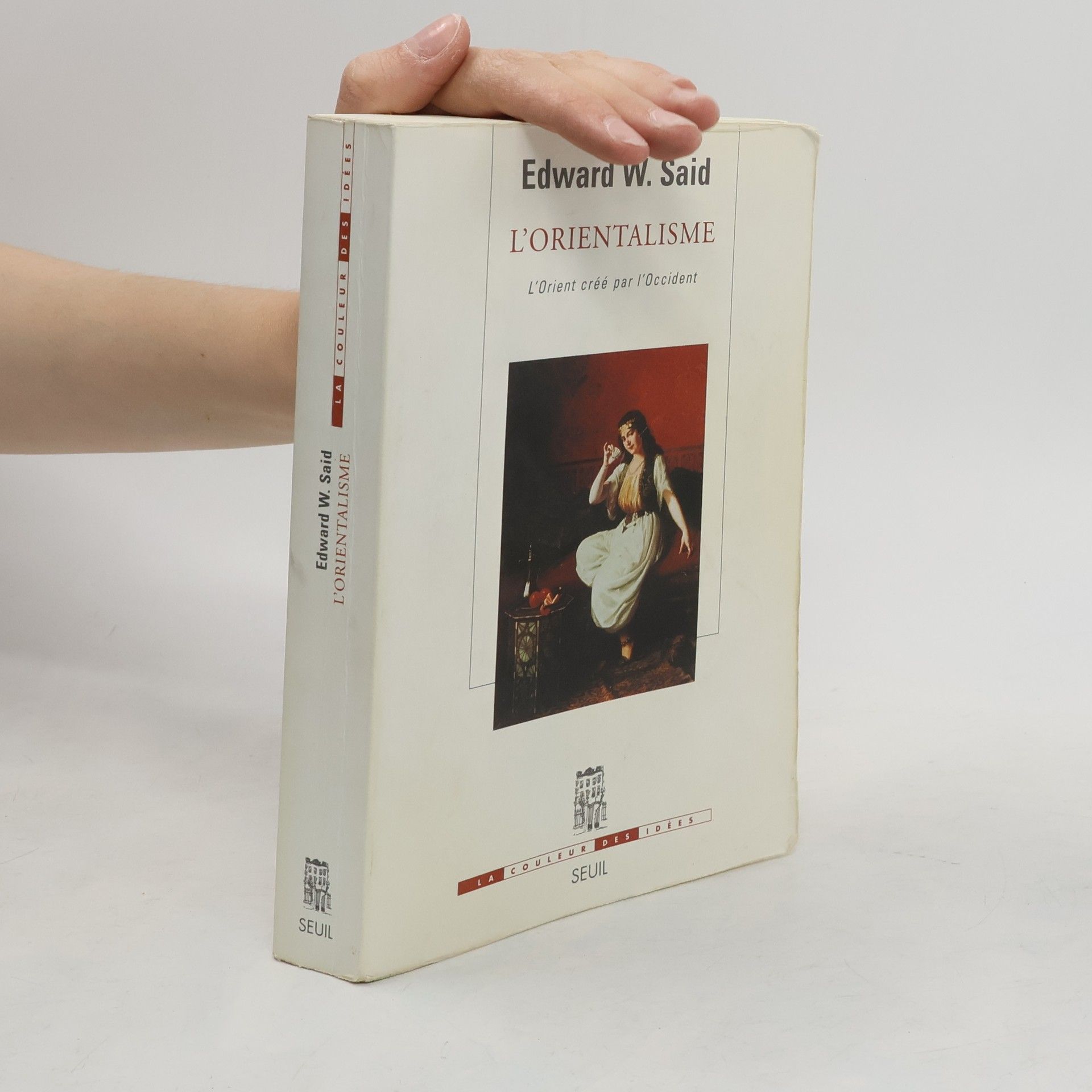
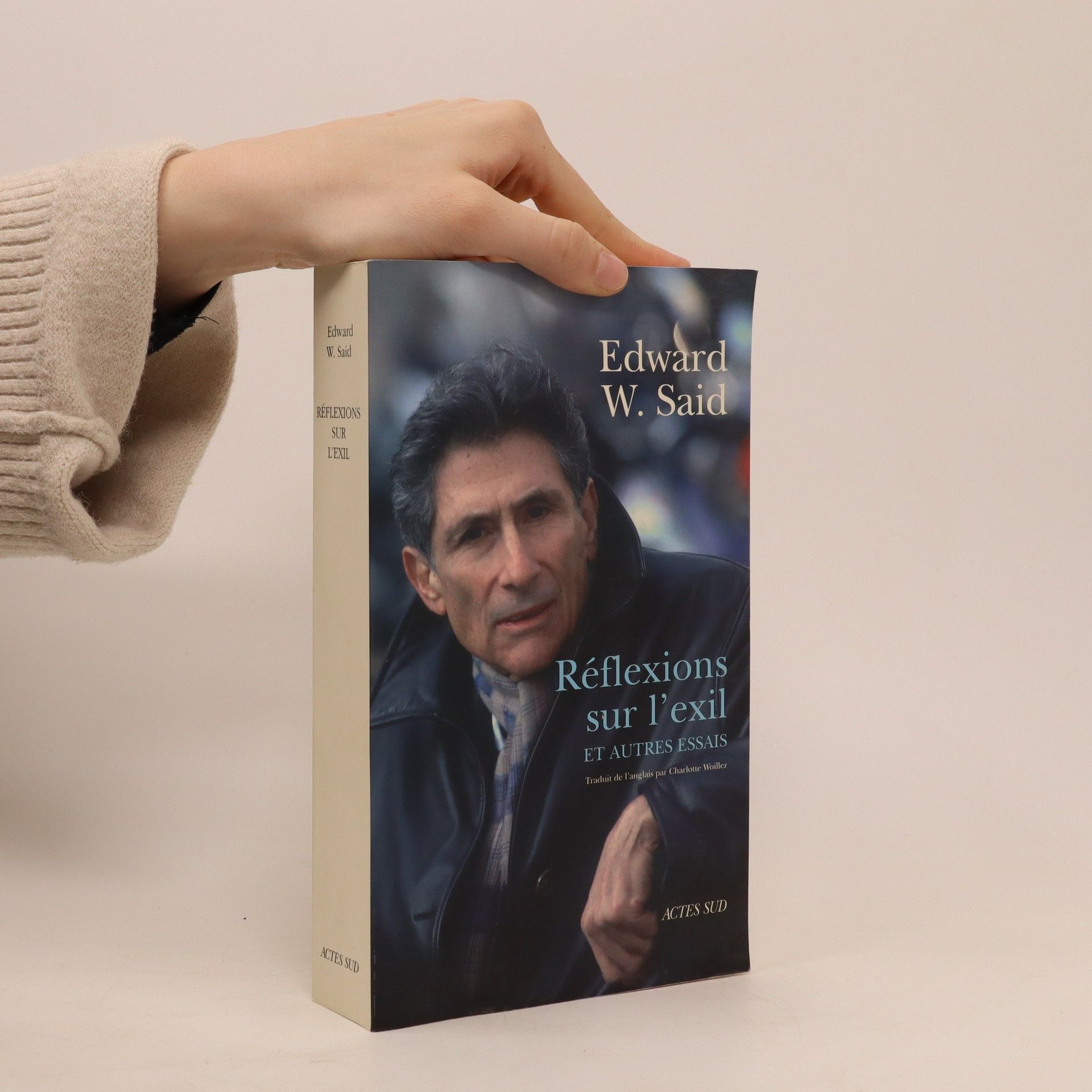
D'Eschyle à Kissinger, de Marx à Barrès, l'Occident a tenu un discours sur l'Orient. Mais, puisque "l'Orient " n'existe pas, d'où vient ce discours et comment expliquer son étonnante stabilité à travers les âges et les idéologies ? " L'Orient " est une création de l'Occident, son double, son contraire, l'incarnation de ses craintes et de son sentiment de supériorité tout à la fois, la chair d'un corps dont il ne voudrait être que l'esprit. À étudier l'orientalisme, présent en politique et en littérature, dans les récits de voyage et dans la science, on apprend donc peu de choses sur l'Orient, et beaucoup sur l'Occident. Le portrait que nous prétendons taire de l'Autre est, en réalité, tantôt une caricature, tantôt un complément de notre propre image. L'idéologie orientaliste s'est échappée depuis longtemps déjà du cabinet des savants pour précéder Napoléon dans sa conquête de l'Égypte ou suivre la guerre du Liban. C'est de ce discours qu'on trouvera ici la magistrale archéologie, augmentée de la préface que l'auteur rédigea en 2003 pour le vingt-cinquième anniversaire de la publication originale de l'ouvrage.
Culture and Resistance
- 224pages
- 8 heures de lecture
The book, originally published in 2003, explores themes of social justice and activism, presenting a critical analysis of contemporary issues. It delves into the historical context of movements for change, offering insights into the struggles and triumphs of marginalized communities. Through a blend of personal narratives and scholarly research, it aims to inspire readers to engage with and challenge societal norms. The work serves as both a call to action and a resource for understanding the complexities of activism today.
The Selected Works of Edward Said, 1966 - 2006
- 656pages
- 23 heures de lecture
The renowned literary and cultural critic Edward Said was one of our era’s most provocative and important thinkers. This comprehensive collection of his work draws from across his entire four-decade career, including his posthumously published books, making it a definitive one-volume source. "Said is a brilliant and unique amalgam of scholar, aesthete, and political activist...[He] challenges and stimulates our thinking in every area." --Washington Post Book World The Selected Works includes key sections from all of Said’s books, including his groundbreaking Orientalism; his memoir, Out of Place; and his last book, On Late Style. Whether writing of Zionism or Palestinian self-determination, Jane Austen or Yeats, or of music or the media, Said’s uncompromising intelligence casts urgent light on every subject he undertakes. The Selected Works is a joy for the general reader and an indispensable resource for scholars in the many fields that his work has influenced and transformed.
Spanning more than thirty years, a collection of twenty-five interviews with the middle Eastern scholar and critic shares his thoughts on a variety of subjects, including politics, literary and cultural criticism, and the Gulf War.
Beginnings
- 436pages
- 16 heures de lecture
"Beginnings, " winner of the first Lionel Trilling Memorial Award, is one of the major texts of contemporary criticism.
This original and deeply provocative book was the first to make Palestine the subject of a serious debate—one that remains as critical as ever. With the rigorous scholarship he brought to his influential Orientalism and an exile's passion (he is Palestinian by birth and has been a member of the Palestine National Council), Edward W. Said traces the fatal collision between two peoples in the Middle East and its repercussions in the lives of both the occupier and the occupied—as well as in the conscience of the West. He has now updated this landmark work to portray the changed status of Palestine and its people in light of such developments as the Israeli invasion of Lebanon, the intifada, the Gulf War, and the ongoing Middle East peace initiative.For anyone interested in this region and its future, The Question of Palestine remains the most useful and authoritative account available.
Peace and Its Discontents
Essays on Palestine in the Middle East Peace Process
- 224pages
- 8 heures de lecture
Challenging the official narrative of the Middle East peace process, this book presents a critical examination of cultural myths and political realities. The author, a prominent Palestinian-American intellectual, encourages readers to rethink widely accepted beliefs about the region. With incisive arguments and a passionate tone, the work stimulates thought on complex issues, making it a significant contribution to discussions on culture and imperialism.
The Selected Works of Edward Said
- 656pages
- 23 heures de lecture
A definitive volume expanded and updated to do justice to the four decade career of one of the most important cultural and intellectual thinkers of the 21st century The renowned literary and cultural critic and political thinker Edward Said was one of our era's most provocative and important thinkers. This comprehensive collection of his work, expanded from the earlier Edward Said Reader, now draws from across his entire four-decade career, including his posthumously published books, making it a definitive one-volume source. The Selected Works includes key sections from all of Said's books, including his groundbreaking Orientalism; his memoir, Out of Place; and his last book, On Late Style. Whether writing of Zionism or Palestinian self-determination, Jane Austen or Yeats, or of music or the media, Said's uncompromising intelligence casts urgent light on every subject he undertakes. The Selected Works is a joy for the general reader and an indispensable resource for scholars in the many fields that his work has influenced and transformed.
Orientalism
- 432pages
- 16 heures de lecture
For generations, Edward W. Said's work has shaped our understanding of colonialism and empire, with this Penguin Modern Classics edition featuring a preface written shortly before his death in 2003. In this acclaimed analysis, Said explores the history and nature of Western attitudes toward the East, framing orientalism as a significant European ideological construct that allowed writers, philosophers, and colonial administrators to engage with the 'otherness' of Eastern cultures. He examines the influence of figures like Homer, Nerval, Flaubert, Disraeli, and Kipling, whose portrayals have significantly shaped the West's romanticized view of the Orient. Drawing from his experiences as an Arab Palestinian in the West, Said highlights how these perceptions reflect European imperialism and racism. Born in Jerusalem and educated in Egypt and the U.S., Said (1935-2003) was a prominent Palestinian-American cultural critic and author, known for works like The Question of Palestine and Culture and Imperialism. If you appreciated this analysis, you may also enjoy Frantz Fanon's The Wretched of the Earth, available in Penguin Modern Classics. Critics have praised it as 'stimulating, elegant and pugnacious' (Observer) and 'magisterial' (Terry Eagleton).
